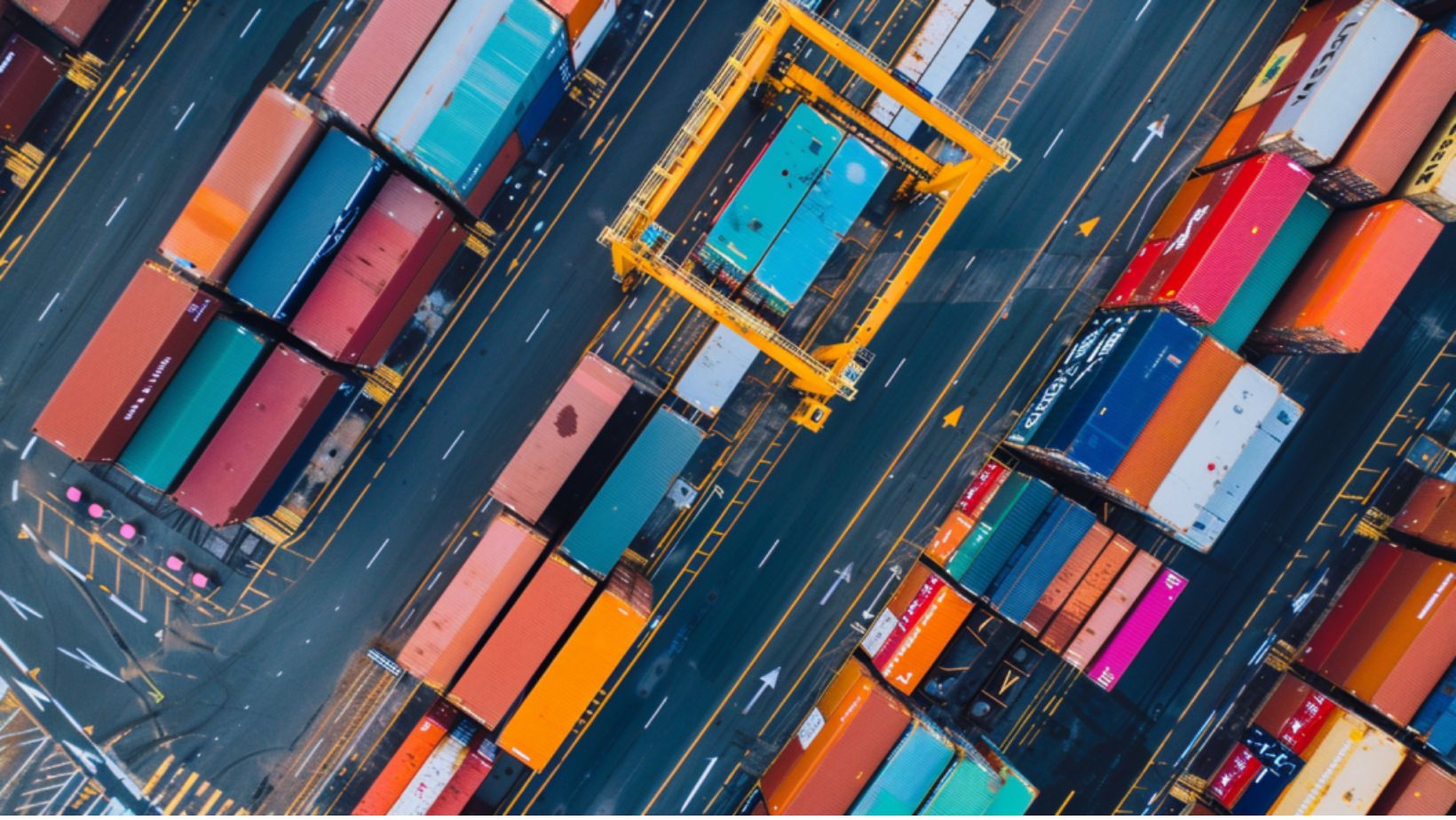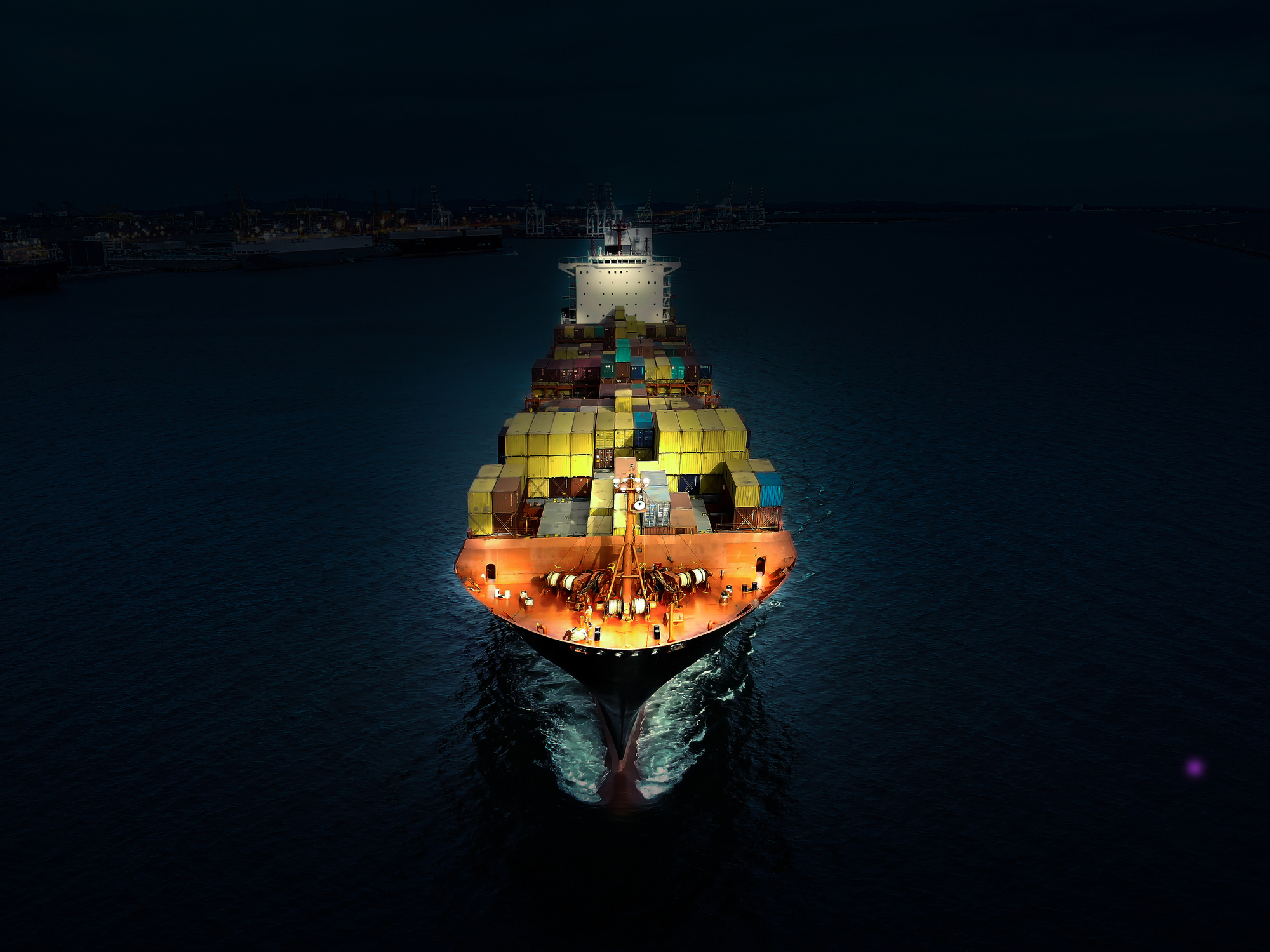Chassis Shortage and Terminal Congestion
Since late last year, the three most prominent U.S. ports have been facing chassis shortages and terminal congestion, especially at the Los Angeles-Long Beach and New York-New Jersey ports. According to the Journal of Commerce, “New York-New Jersey container terminals have struggled with backlogs since the start of the year. Operations have been disrupted by repeated winter storms that have stalled hydraulic equipment and coated pavements with black ice.”
The extreme weather affecting the Northwest and Midwest ports has made the chassis shortage and terminal congestion more difficult. Weather delays have also impacted road and rail transportation out to the Midwest and West Coast, as each mode has faced its own delays with train derailments and highway closures.
Some motor carriers are assessing a flat fee after a certain amount of waiting time as drivers attempt to retrieve containers from congested terminals. The terminal delays are compounded by shortages of rock salt, longshore labor, and intermodal chassis. The JOC says, “Trucking companies have been hoarding chassis because they fear they’ll be unable to obtain worthy equipment at terminals.” Further, some drayage companies at the Port of New York and New Jersey have begun imposing congestion surcharges following weeks of delays at container terminals.
Historically, ocean carriers have owned and operated their own chassis. Recently however, carriers have sold their chassis to leasing companies to alleviate maintenance and overhead costs. The ports of Los Angeles-Long Beach and New York-New Jersey which typically experience terminal congestion, long truck lines, and delayed cargo deliveries also have to deal with the chassis shortage. Ultimately, congestion and the chassis shortage have resulted in additional delays with respect to the flow of containers in and out of the already busy ports.
The Federal Motor Carrier Safety Administration (FMCSA) “Roadability Rule” regulates the quality of chassis on the road and places the responsibility of maintenance on intermodal equipment providers. According to Inbound Logistics, “the government is placing the burden of responsibility, in terms of inspecting and maintaining equipment, directly on drivers – something that might not sit well in certain ports where unionized labor has leverage”. Adding to the chassis shortage, is the number of non-roadworthy chassis and the costs to repair and maintain them.
Importers should be aware of and plan for extreme weather and chassis shortage delays when transiting traditionally congested ports, especially on the East Coast and Midwest. Some drayage carriers may assess a congestion fee as a result of the backlogs at the terminals. RS Express constantly looks for ways to limit the time it takes to move our customer’s shipments through the supply chain, avoiding unnecessary penalties and delays.
For more information: Inbound Logistics






Follow Us